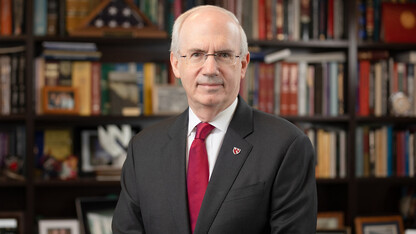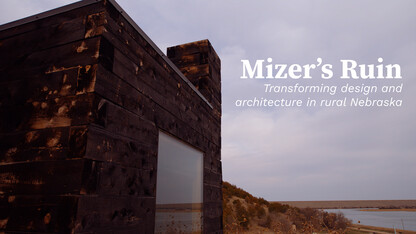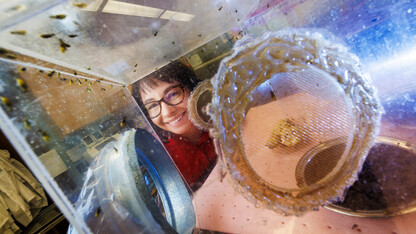· 3 min read
Workshops share best practices for sexual misconduct disclosure response

What is the best approach when someone discloses they’ve been subjected to sexual misconduct? How does one respond to requests for confidentiality? And what reporting expectations are there for those working with students?
These are all common questions for faculty, staff and graduate assistants and it’s beneficial to prepare and have the information before a disclosure happens, said Ryan Fette, education and outreach coordinator for Institutional Equity and Compliance at the University of Nebraska–Lincoln.
With that in mind, Fette designed and is leading two new workshops aiming to give faculty, staff and graduate assistants the tools and knowledge to help students navigate difficult and traumatic situations.
“I’m hoping we’ll be preparing them for these difficult conversations,” Fette said. “It’s never going to be easy, but there is a way to be prepared.”
The workshops, “Sexual Misconduct Response for Faculty and Staff,” and “Sexual Misconduct Response for Graduate Students,” align with the university’s commitments to keep the campus safe, prevent sexual misconduct in all its forms, and support any person who has been subjected to sexual misconduct.
Statistics indicate that many students experience sexual misconduct. Nationally, 13% of college students reported nonconsensual sexual contact, according to a 2019 Association of American Universities survey of nearly 182,000 students.
“Unfortunately, it’s all too common, and being able to respond appropriately is so important,” Fette said. ”We’ll talk a lot about a compassionate response. In those situations, we can help people feel more comfortable, validate their experiences and minimize re-traumatization.”
The in-person workshops allow participants to explore further the information presented in the online sexual misconduct training program required for all faculty, staff and students, which launched in March 2021.
“It really builds on the online training, with the goal being to give participants a deeper understanding of sexual misconduct and provide some concrete response strategies,” Fette said. “We’re incorporating activities designed to help people practice what to say and help them understand reporting expectations.
“If you’ve had the opportunity to learn, practice and think through your words and actions, when you need to assist someone who is going through something very difficult, you’re going to do a better job in that moment if you’ve had the opportunity to learn, practice and think through your words and actions.”
Each workshop lasts 75 minutes and will be offered regularly throughout the academic year. The first session are Aug. 2 for faculty and staff and Sept. 1 for graduate assistants.
“A lot of the content with the graduate students will be the same,” Fette said. “What will be a little different is that graduate students are still students, so they may be assisting their peers, and some are working with undergraduate students for the first time.”
In addition to the scheduled workshops, Fette said units and departments can request the training for their team, either in-person or via Zoom.
Registration for the workshops is available here for faculty and staff, or here for graduate assistants.







